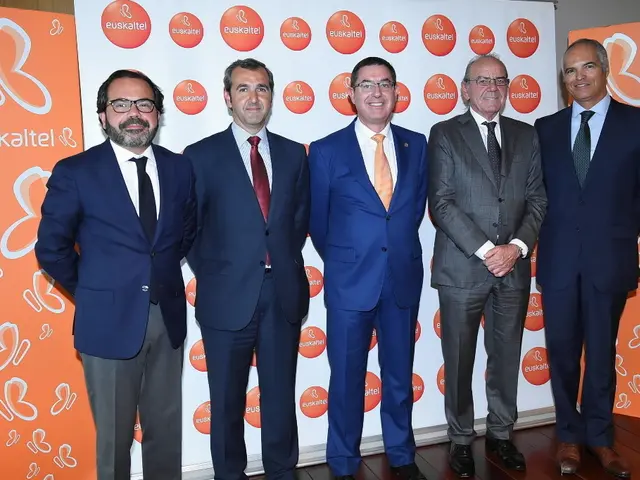YouTube Scam Victims Suffer Significant Financial Loss Due to Bitcoin Scheme, Asserts Steve Wozniak, Co-Founder of Apple
YouTube Ads Face Calls for Tighter Regulation Amid Rise in Scams
The world of online advertising is under scrutiny, with YouTube ads coming under particular focus due to their less stringent regulations compared to traditional broadcast ads. This laxity has been highlighted in the context of a surge in AI-powered deepfake fraud targeting tech leaders, such as Steve Wozniak.
In the UK, Liberal Democrat MP Max Wilkinson has called for YouTube ads to be regulated to the same standards as television and radio, citing the need for consumer protection against misleading, inappropriate, or scam advertising. This call comes in response to the growing influence of YouTube, now the second most viewed platform for UK adults and the top one for children, making the impacts of advertising on this platform significant.
The current regulatory framework for YouTube ads operates under a voluntary industry-funded model, with fewer direct regulatory controls compared to TV and radio commercials. Unlike their broadcast counterparts, which must comply with pre-approval and codes like the Broadcast Code enforced by Ofcom via the Advertising Standards Authority (ASA), YouTube ads are subject to fewer checks, leading to potentially misleading or scam ads appearing more frequently.
Wozniak, who has been a victim of such a scam, has accused YouTube of failing to act against a Bitcoin scam that used his likeness. The scam involved impersonating Wozniak in scam ads, framing video footage with a Bitcoin address, and promising to send double the amount back to the sender. Wozniak found out about the scam after his wife received an email from a victim asking for their money back.
This is not an isolated incident. Tech leaders such as Elon Musk and Jeff Bezos have also been targeted in similar scams. Wozniak warns that lax systems on YouTube are enabling a surge in global deepfake fraud.
Google, which owns YouTube, has claimed to have strict ad policies, heavy investment in enforcement, and thousands of people working around the clock to police its platforms. However, the total loss to online scams in 2024, as reported to the FBI's Internet Crime Complaint Center (IC3), was $9.3 billion. Google removed over 5.1 billion ads and restricted another 9.1 billion in 2024, suspended 39.2 million advertiser accounts for major violations, and blocked ads on 1.3 billion publisher pages. Yet, these measures seem insufficient to address the growing problem of deepfake fraud.
As the digital media landscape continues to evolve, particularly among youth, the call for YouTube ad regulation to be tightened to ensure consumer protection and consistent standards across media grows louder. Political parties like the UK Liberal Democrats are demanding that YouTube advertising be subjected to stricter oversight aligned with broadcast standards to better protect viewers. The future of online advertising regulation appears to be a pressing issue in the digital age.
Read also:
- U.S. Accuses Chinese Individuals of Illegally Exporting Nvidia Artificial Intelligence Processors to China
- Respiratory Infections: Recognizing Signs, Medical Solutions, and Homemade Cures
- List of 18 Impressive Tech Products on Amazon, Potentially Worthy for Personal Purchase
- International marketing firm We Are Social intensifies global strategy for gaming industry








